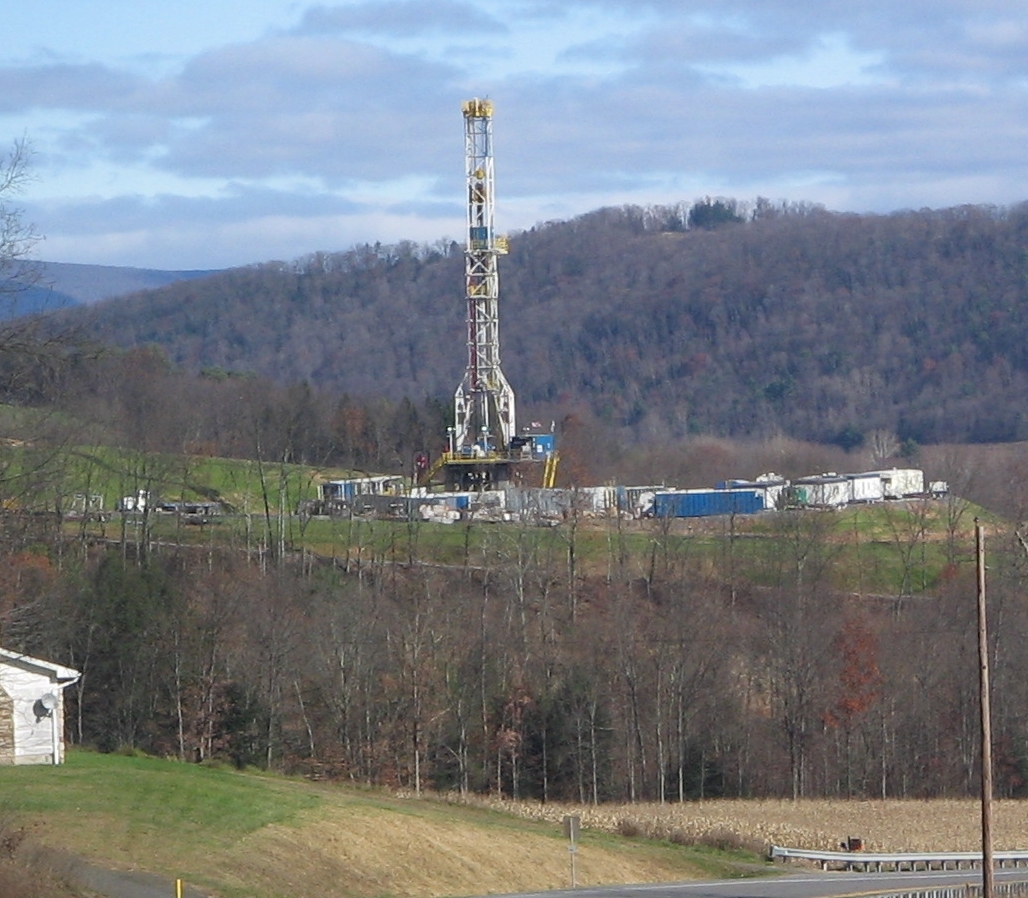Fracking will not be safely regulated in Scotland, according to an expert report.
Professor Andrew Watterson and Dr Will Dinan from the University of Stirling argue that regulatory agencies lack the staff and resources to protect the public from pollution risks. No-one has worked out how to make sure that regulation is effective, they say.
They warn that the Scottish Environment Protection Agency (Sepa) will not have the capacity to oversee the thousands of fracking wells that could be drilled across the central belt to extract underground shale gas. There are fears that the wells could leak, causing groundwater contamination and climate pollution.
The report assesses the evidence available on fracking regulation and industry practice in the US and the UK. “There are multiple serious challenges surrounding location, scale, monitoring and data deficits facing regulators,” it concludes.
“The evidence from peer-reviewed papers suggests fracking in the UK will not be effectively regulated. It is highly likely that regulatory agencies may lack the staffing and resources necessary to monitor and enforce effective regulation of the industry.”
Watterson, head of the Occupational and Environmental Health Research Group at the University of Stirling, warned that public health was at risk. “The belief in the capacity of government and industry to ensure the health and safety of fracking seems to rest in large part on a wing and a prayer,” he said.
“That is no basis for protecting public health either now or in the future.”
Governments and industry were asking the public to trust them, he argued. “Yet it is acknowledged no one knows how exactly the industry will be regulated in full commercial production when so much information is missing and when UK government agencies omit to assess all the risks from established hazards.”
Watterson pointed out that government agencies had previously failed to protect public health from environmental risks. Air pollution was estimated to cause 40,000 deaths a year in the UK, and international research suggested that thousands of UK cancer deaths were caused by exposure to chemicals and contamination.
He added: “We are now asked to believe assertions stating regulations will again protect us and ensure the new fossil fuel shale gas fracking industry will always maintain good practice. This smacks of policy-making madness as we face a global climate change disaster”.
According to Dr Will Dinan, a communications lecturer at Stirling University, industry and official reports were geared towards reassuring the public that fracking in densely populated areas would be safe. “Our review of the available evidence gives us no confidence in this assessment,” he said.
“While a lot of political capital has been invested in the promise of best regulatory and best industry practices in the UK, in reality the regulatory agencies who might oversea the industry have suffered cutbacks and do not have the necessary capacity or expertise.”
Sepa said it had not yet seen Watterson and Dinan’s report. “Our regulatory role in relation to shale gas and coal bed methane activities, including hydraulic fracturing – also known as fracking – is to protect the environment and human health,” said Sepa senior policy officer, Emma Taylor.
She pointed out that, under the Scottish Government’s fracking moratorium, Sepa had to refer any applications for authorisations to ministers. “Sepa is committed to ensuring that there is a high level of protection for the environment and human health,” she added.
“We will continue to provide expert technical advice on the environmental risks and our regulatory role to the Scottish Government as part of the moratorium work programme.”
The fracking industry insisted that it would be safe. “The UK and Scottish regulatory system, which is among the most stringent in the world, ensures we evaluate all potential risk…and how we remove or mitigate the risk,” said Ken Cronin from UK Onshore Oil and Gas.
“Direct health effects are strictly controlled and monitored by the environmental and health and safety regulators through the permitting system. This ensures that no level can be reached where a potential impact on human and animal health can be realised.”
The Scottish Government stressed that its approach was based on expert evidence and public consultation. “We will gather all of the necessary information before announcing a way forward,” said a spokeswoman.
“We have commissioned a series of independent research projects to examine potential environmental, health and economic impacts and these are due to report shortly and this research will be published to inform the public discussion on the way forward.”
Read the report
A version of this article was published in the Sunday Herald on 9 October 2016.
Photo thanks to Ruhrfisch, GFDL, CC BY-SA 3.0, via Wikimedia Commons.














